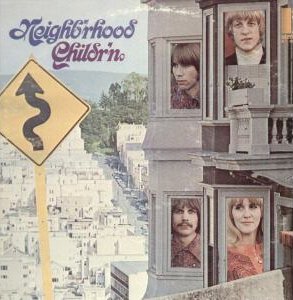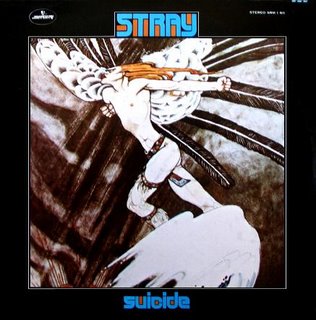
Suicide’ was the second album by England’s Stray, following hot on the heels of the debut from earlier the same year, and already significantly evolved from the sound and style of that first record (see my separate review), and with better production (which may be a good thing or a bad thing, depending on where you stand). Opinions vary on which of the first three is their best, obviously being entirely subjective, with some going for the self-titled debut (that’s me with my hand up), some for this one, and many (who are probably more into the proggy side of things and less into the rawer, heavier stuff) settling on ‘Saturday Morning Pictures’ which came the next year. All have their virtues. Indeed, ‘Suicide’ contains some of their best and heaviest songs (though perhaps not as raw and unleashed overall as on ‘Stray’), but it falls second to the debut in my estimation due to not being as consistently great, sagging in a couple of the softer parts. Regardless, it’s still one hell of an album and most bands never get as good as this.To flesh out the sound palette a bit more, guitarist Del Bromham here also plays organ, electric piano, harpsichord and mellotron (though not at the same time of course), whilst singer Steve Gadd also plays bells and other percussion. ‘Suicide’ was recorded in Olympic Studios in 30 hours.‘Son Of The Father’ (5:46) begins the album as a slow martial lament, with ghostly distant wind of very quiet drum washes (unless I’m just hearing things) and acoustic strumming, before kicking into a jubilant up-tempo fuzz riff verse/chorus bit and going through numerous highly charged metal riff changes tempered by washes of taped strings on the mellotron. All instrumental by now, the middle section is a fuzz bass and mellotron driven death dirge to a funeral procession that grows all discordant and clashing before grinding a death-defying groove into a sudden mellow respite, reprising the opening of the track and also the verse/chorus/riff/mellotron bit, charging to a classy ending. The lyrics, by the way, concern multiple generations of men going off to war and (often) death.‘Nature’s Way’ (3:28) is a gutsy fuzzed heavy riff-rocker more reminiscent of the first Stray album, with balls the size of pumpkins and a complex middle section more akin to manic gusto Italian dudes Osage Tribe, though not quite as good. Wicked stuff all the same.‘Where Do Our Children Belong’ (3:37) is one of the soft songs, but not really bad or anything, as with the occasional softer bits on the debut album. It’s all lazily paced acoustic guitar (or perhaps just quiet electric), nice harmonies, and totally appropriate bass and drums, picking up strength for a bit of a swell a minute before the end, but never breaking out into anything you would call rock. Actually a pretty nice track, something I didn’t think when I first heard the album, disappointed at a lull in the onslaught.

‘Jericho’ (4:53) remedies that, with timely arrival of kinda dramatic, hard charged ever-changing riff sequences with urgent lyrics, sliding beyond belief into a tumbling dervish of chiselling guitar as the walls of Jericho “tumble to the groooouuuuund!” from the sheer power of loud music. It’s a complex, tight beast of a song that tears along at manic pace for ages without letting up except for an almost mediaeval atmospheric rock dirge in the middle that climbs to a growling climax before doing it all again. This one’s a contender for the best song on the album, if you need one pointed out to you, the other being ‘Suicide’ (below). It could have been a hit single, at least in my demented imagination, because it’s damn catchy and brilliantly constructed, despite being such a frantic heavy rocker that might have been a bit too overboard for most radio stations of the time. John Peel probably would have played it, though. No idea what he thought of Stray, though, or if he ever did play any of their stuff.‘Run Mister Run’ (3:53) rides a hard, funky bass riff and almost southern rock guitar, complete with stomping drums and cowbell, before a series of gut punches ensue for the chorus, and there’s a great jumping jam in the middle and end as well. They sound very much like an American band of the period here, but I can’t put my finger on anyone it specifically reminds me of. Maybe Mountain meets the James Gang?‘Dearest Eloise’ (2:27) is a fairly soppy love song, soft all the way through, with wet strings and much flowery balladry and muzak all round. Probably the only thing that really stops me rating this as an overall great album. At least it doesn’t last long – maybe snack break time?‘Do You Miss Me’ (6:26) runs at a jumpy pace, almost with a late 60’s American jazzy psych/pop/soul feel, with staggered delivery of the breathless vocals “Do you... Miss me...” (not as crap as it sounds) ... until nearly 2 minutes in, when the song switches into some heavy downer riffing before picking up speed again and galloping into a fast and hard boogie jam. After another run through the lyrics there’s a similar jam again (no downer riffing this time, sorry) but less hard rockin’ and maybe sounding more like Ten Years After for a while, until the end of the track.‘Suicide’ (7:37) closes the album as its heaviest moment, weighty, (cock)rock-hard demon riffing sounding very much like Zior circa ‘Every Inch A Man’ – in other words, pretty damn cool! The lyrics are sung in mad, growling, howling desperation from the perspective of a black man who’s about to blow his own brains out with a shotgun. Not a party track, then. But apart from the downer subject matter, this mother rocks like a beast straight from the pits, swinging into an out of control (and teasingly brief) breakneck heavy-ass thrash metal middle section that is surely some of the truest (and best) metal recorded by anyone at this point in time. Even Sabbath didn’t get this hardcore until ‘Sabbath Bloody Sabbath’ and perhaps ‘Vol. 4’ (not knocking the Sabs of course, who made many more consistently excellent albums than Stray did before starting to fade in talent and inspiration), but even then, never this fast and jugular. Much of the remainder of the track is instrumental heavy structured jamming, which doesn’t again reach the peaks of that middle section headcrusher but still rocks with more sturdiness and enthusiasm than most folks can muster. Reviewed by
achuma, 29/03/2006 at
Julian Cope Presents Head Heritage
Rate Your Music
Link
 B.M.A.R A01-03albrecht/d. / endless music / stuttgart 73/74 germanyperforming: albrecht/d. (tabla, cymbal, stringinstruments), bernd jaiser (background vocal), grit backer (voc), axel knipschild (background music), thomas niggl (fl)cover: one-color print, part of the issue two-color print on grey cardboard.
B.M.A.R A01-03albrecht/d. / endless music / stuttgart 73/74 germanyperforming: albrecht/d. (tabla, cymbal, stringinstruments), bernd jaiser (background vocal), grit backer (voc), axel knipschild (background music), thomas niggl (fl)cover: one-color print, part of the issue two-color print on grey cardboard.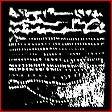 he invented permanent instant performance.he saved raoul hausmann from being forgotten.his work includes:mail art: endless music: processed copies: exhibitions: installations: concerts: stamps:art into society: instant life / love / death: kinky beaux arts: abstract energy: violence permanent:in 1979 he was part of the stuttgart punk & art posse:the young common time punks hated him for being an artist:but he inspired a lot of thee art core noise explorers.
he invented permanent instant performance.he saved raoul hausmann from being forgotten.his work includes:mail art: endless music: processed copies: exhibitions: installations: concerts: stamps:art into society: instant life / love / death: kinky beaux arts: abstract energy: violence permanent:in 1979 he was part of the stuttgart punk & art posse:the young common time punks hated him for being an artist:but he inspired a lot of thee art core noise explorers.



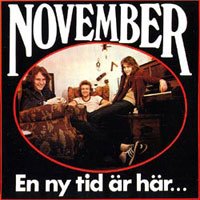
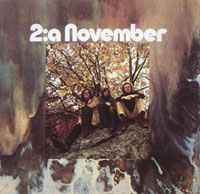






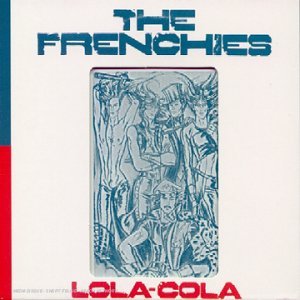
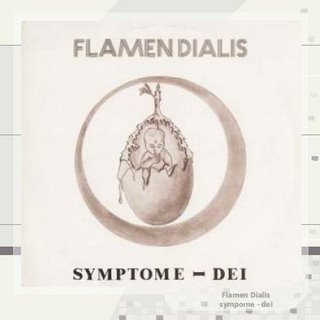
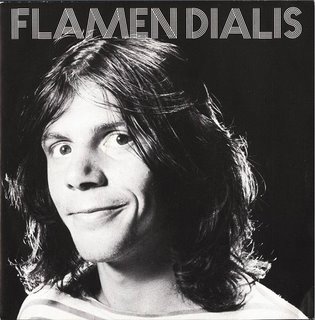








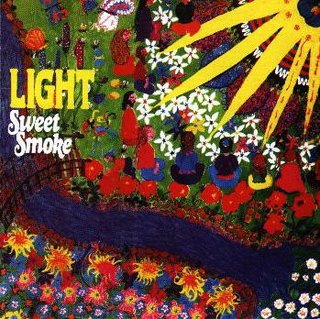
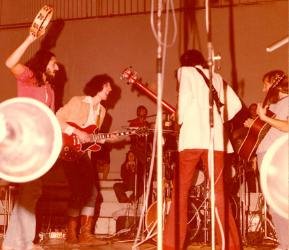
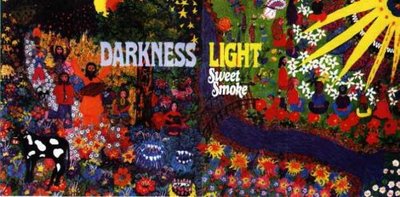
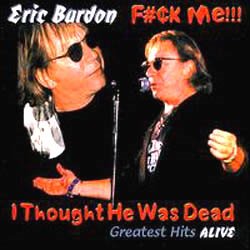












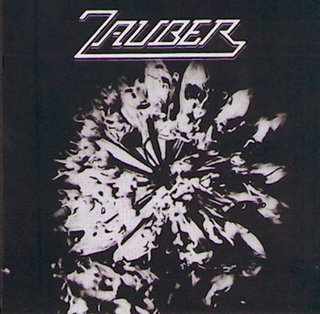
 Highly sought after US '60s San Fran psych band who made one awesome album of 'Airplane like psych. This single CD contains all of their one and only album together with loads and loads of killer outtakes, loads of killer fuzz and keyboard dominated gems. This really is a must have.
Highly sought after US '60s San Fran psych band who made one awesome album of 'Airplane like psych. This single CD contains all of their one and only album together with loads and loads of killer outtakes, loads of killer fuzz and keyboard dominated gems. This really is a must have. 